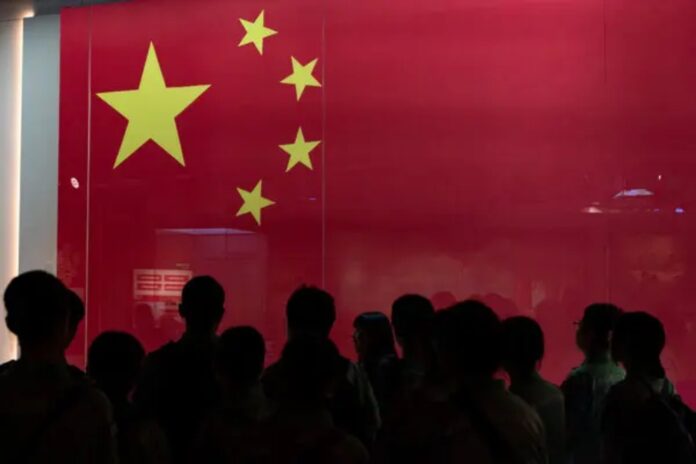America is facing one of the most invasive cyber-attacks in its history. Dubbed “Salt Typhoon,” a Chinese hacking group has reportedly penetrated at least eight U.S. telecom networks, stealing call-record metadata and gaining access to sensitive wiretap requests. The implications are staggering: the hackers may have identified American surveillance on Chinese spies and compromised the communications of high-ranking officials, including politicians and government personnel.
Mark Warner, chair of the Senate Intelligence Committee, called it “the worst telecom hack in our nation’s history.” Still, officials were still cautious about the extent of the intrusion and how to eliminate them completely – a testament to the advanced nature of China’s cyber campaigns.

This is not an isolated incident. The “Volt Typhoon” group, discovered in 2023, had been quietly sitting in critical infrastructure networks for more than five years, monitoring access and preparing for possible conflict. Such operations point to a chilling reality: China’s cyber capabilities are not merely reactive but strategic, embedding themselves deep into critical systems with long-term objectives.
A Decade of Strategic Investment
China’s rise as a cyber-superpower is no accident. Under President Xi Jinping, cyber espionage has become a national priority. Following incidents like Edward Snowden’s revelations in 2013, China ramped up its efforts, creating specialized cybersecurity agencies, sponsoring hacking competitions, and certifying universities to churn out cybersecurity experts. Annually, China now produces an estimated 30,000 trained professionals, fortifying its ranks of hackers.
Read More NASA Praises Pakistani Hacker’s Ethical Hacking Skills
The government has two missions: to protect its own systems and take advantage of vulnerabilities in others’ systems. New rules also require Chinese experts to report discovered software vulnerabilities directly to the state, providing the government with an arsenal of cyber tools.
The Global Fallout
China denies involvement in the recent hacks, but one is sceptical. The Salt Typhoon affair has spurred international efforts to bolster telecom defenses with Australia, Canada, and New Zealand joining the U.S. in writing new strategies.
All this has done little to mitigate the enormity of the problem. According to the outgoing FBI director, Christopher Wray, China’s hackers outnumber U.S. cyber agents by at least 50 to 1. Ten years of preparation and a well-funded infrastructure are behind China’s cyber forces, and they have only just begun.
More typhoons are brewing on the horizon, and the battle in cyberspace is expected to get even fiercer.
Stay tuned to Brandsynario for latest news and updates.



































